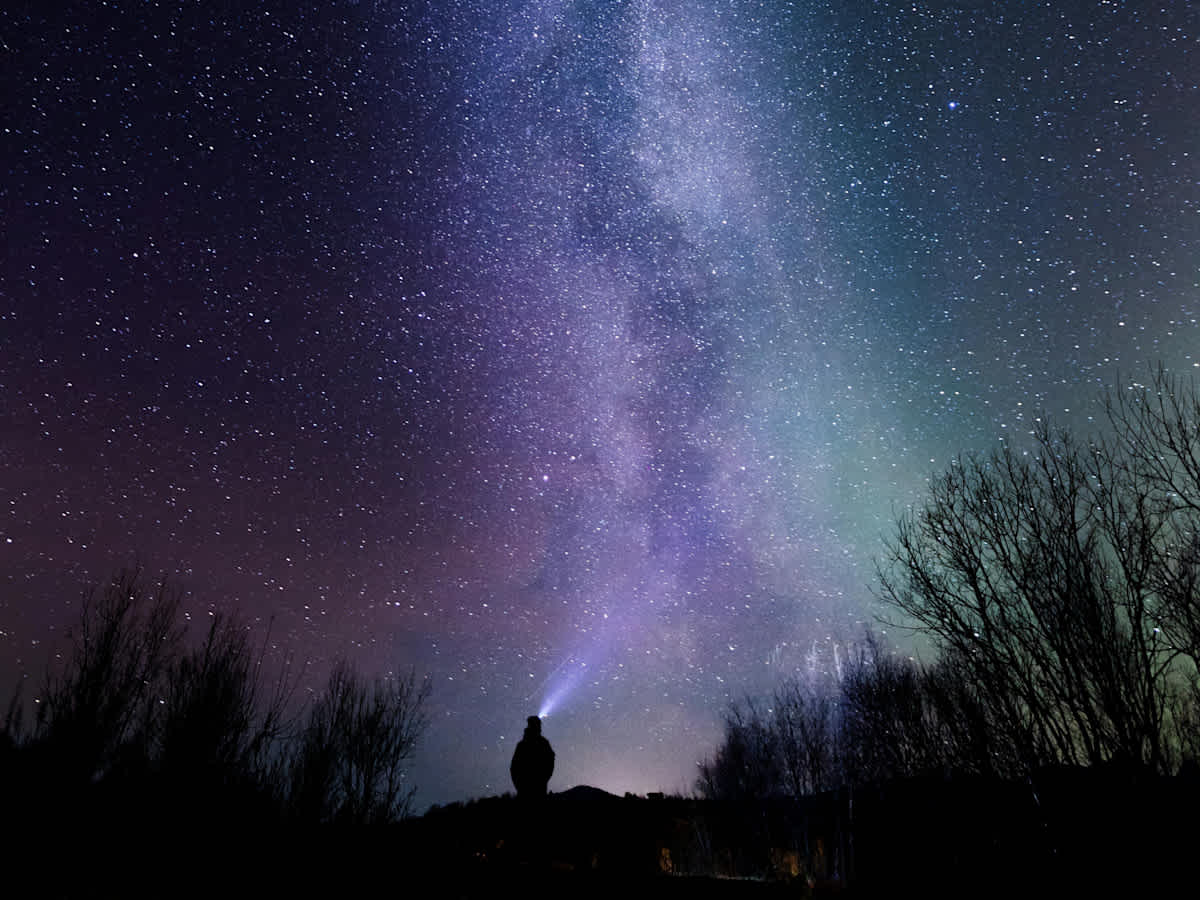
Ephesians Chapter 4 - Putting on the new man in our speech
How should we conduct ourselves, particularly in our speech, in a way that is befitting of the new man?
|
3 min read

How should we conduct ourselves, particularly in our speech, in a way that is befitting of the new man?
|
3 min read

God has already done much more than you asked for or expect.
|
2 min read



Spiritual sight transforms how we pastor and pray.
|
2 min read

Reputation and high pay might just be two of the things we prioritise when we are job-searching - hence, leaving employment matters in God's hands might seem difficult when you have the complete autonomy to make a decision. What happens when you choose to prioritise the latter?
|
2 min read

Praying and strengthening our relationship with God may not be a solitary journey. On the contrary, we can find great comfort by forming our own group of spiritual companions, and help each other in this long route of faith too.
|
2 min read

Are you carrying the wrong burdens, or bearing the right ones in the love of Christ?
|
3 min read



